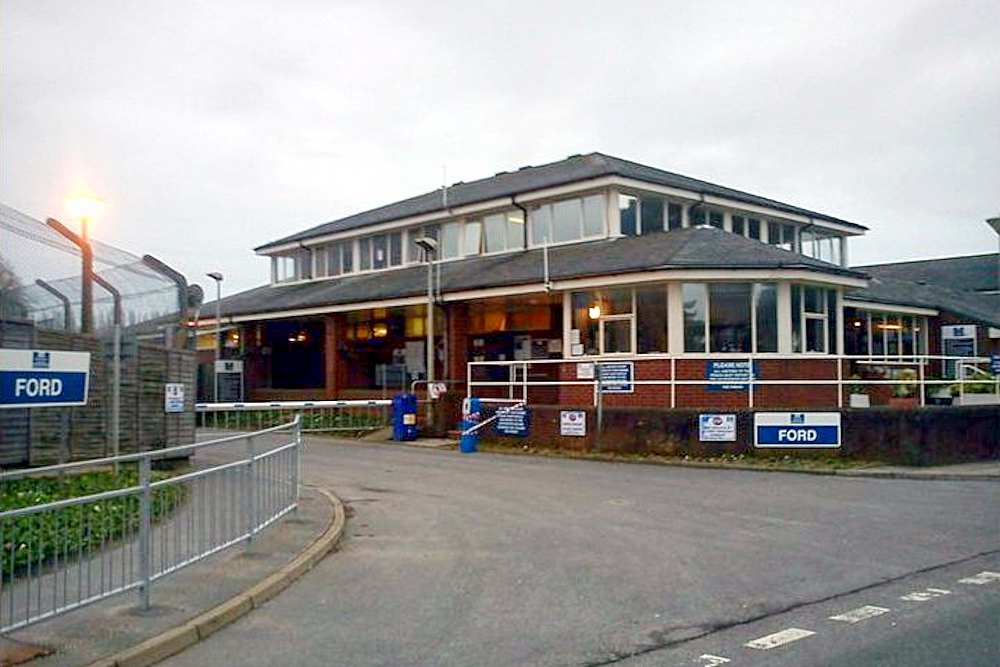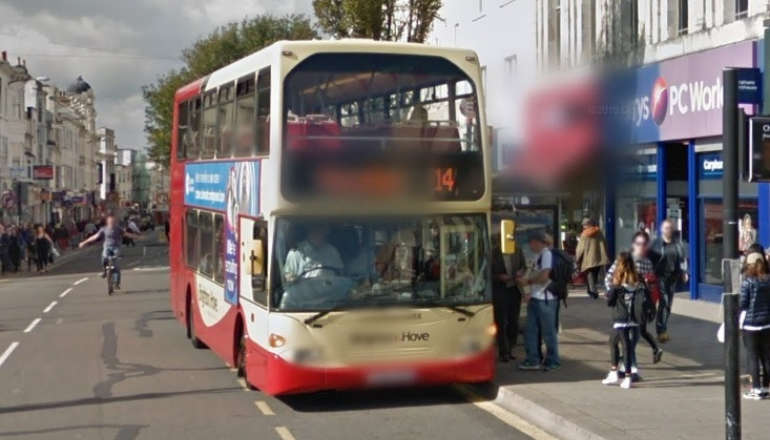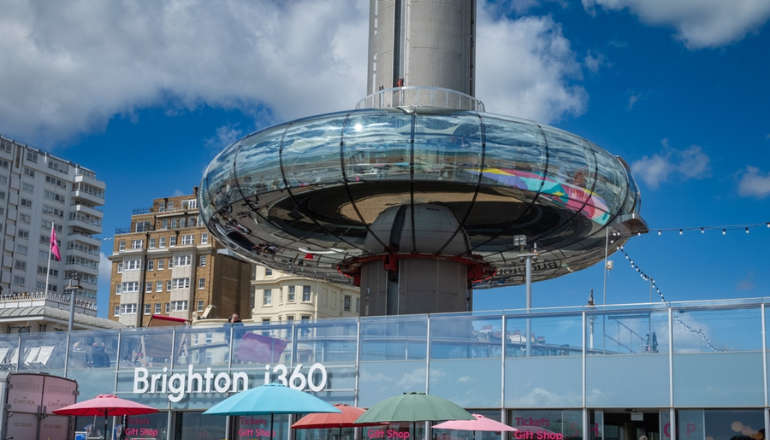
Official prison inspectors say men at Ford Open Prison near Arundel have become "highly frustrated" that the coronavirus lockdown has stopped most of them working in the community ahead of their release.
The comments came after HM Inspectorate of Prisons visited the establishment in West Sussex on 9 June 2020.
However, inspectors said the jail had taken successful action to protect prisoners, all in Category D, from COVID-19.
But there was no doubt that the continued suspension of release to work in the community was having a negative impact.
Peter Clarke, HM Chief Inspector of Prisons, said of HMP Ford and two other open prisons:
"Many of these prisoners will have worked their way down the prison security categories and will be coming to the end of their sentence.
"Release on temporary licence (ROTL) is a key focus of open prisons and is of great importance to effective resettlement back into the community.
"[It] aims to enable prisoners to undertake work, education or training in the community, maintain contact with their family or significant people in their lives and access community services and support."
However, the Inspectorate noted that ROTL opportunities were suspended on 23 March 2020, except for prisoners with jobs in the community that were designated as key worker roles.
Mr Clarke said,
"11 weeks later we found a sense among prisoners that the establishments had lost their purpose.
"Many prisoners had worked for years to gain the opportunity to move to open conditions, and evidence a reduction in their risk of reoffending and build or re-build ties with family and the community; others had been working out in the community for some time and had begun to build a new life even before release.
"Prisoners felt the loss of opportunity keenly and levels of frustration were high.
"Most understood the need for the restrictions, but were anxious to know when they would be relaxed in line with the lifting of some restrictions in the community."
But, as for other conditions inside the prison boundary, inspectors found that prisoners continued to enjoy the freedom of an open prison, as long as they adhered to social distancing rules.
Prisoners who were most vulnerable to self-harm, isolation or well-being issues were supported well.
Living conditions were reasonable but almost all education had stopped and most workshops were closed, which left prisoners with little to do during the day.
Social visits and ROTL aimed at promoting family ties had also been suspended, which deeply affected prisoners.


 Man Admits To Damaging Cars In Bognor
Man Admits To Damaging Cars In Bognor
 Two Men Arrested In Connection With Brighton Rape
Two Men Arrested In Connection With Brighton Rape
 Appeal Following Assault In Horsham Shop
Appeal Following Assault In Horsham Shop
 Appeal After Arson At Gym In Burgess Hill
Appeal After Arson At Gym In Burgess Hill
 Two Men Sought In Connection With Brighton Rape
Two Men Sought In Connection With Brighton Rape
 Councillors Support Baby Box Partnership With Charities
Councillors Support Baby Box Partnership With Charities
 Brighton And Hove Bus Fare Cap Bid Foiled By Cost
Brighton And Hove Bus Fare Cap Bid Foiled By Cost
 New Medical Centre Scoping Exercise Agreed By Wealden Council
New Medical Centre Scoping Exercise Agreed By Wealden Council
 'Out Of This World' Ideas Put Forward For Future Of Brighton i360
'Out Of This World' Ideas Put Forward For Future Of Brighton i360
 New Fire Engines For West Sussex
New Fire Engines For West Sussex
Comments
Add a comment